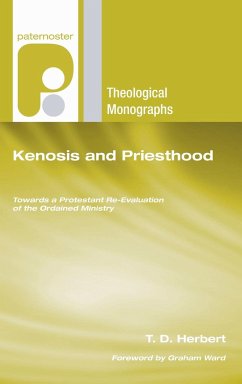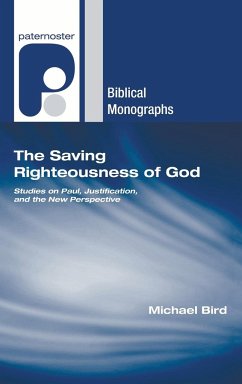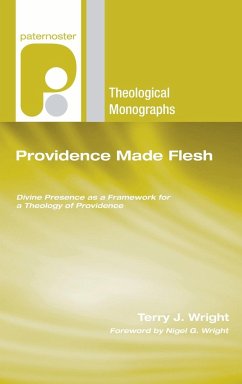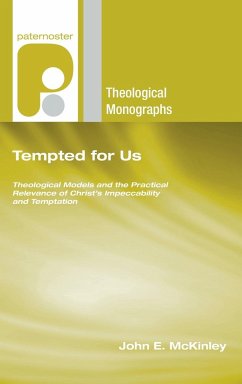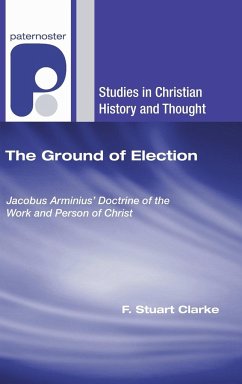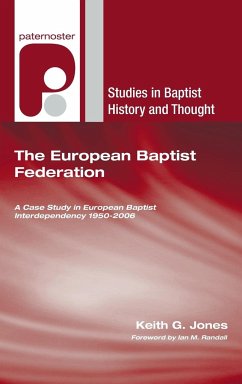The thesis of this book is that it is possible to re-imagine priesthood so that it becomes a useful way to understand the nature and importance of the ordained ministry, but without undervaluing or negating the priesthood of all believers. Such a re-imagining might offer a new way forward in the area of ecumenical debate. In the past, the priesthood of the ordained has proved to be thoroughly problematic, not least for ecumenical debate. As a result, both the Anglican-Methodist Reunion Scheme (1968) and the Covenant Proposals (1982) floundered upon the question of orders. Instead of rehearsing the traditional and now rather cliched arguments by approaching priesthood through an exploration of the kenotic and Trinitarian theologies of Karl Barth, Hans Urs von Balthasar and Jurgen Moltmann and Scriptures--notably the Epistle to the Philippians--it is possible to develop a new understanding. In this work, kenosis is understood as the Trinitarian revelation of God's saving act for humanity. Instead of trying to depict priesthood in naively realistic terms, but drawing in particular on the critically realistic dialectic of Barth's theology, and demonstrating that the Bible presents priesthood dialectically, it is possible to argue that the priesthood of the ordained is essentially missionary. It is called to represent not simply the presence of God among humanity, nor to represent humanity to God, but to proclaim God's gracious saving act in Jesus Christ and so call people to respond gratefully by living Christian lives in the face of the world. At the Eucharist, therefore, the priest is not the one who has the specific power to consecrate, but the one who leads the congregation in publicly retelling and, therefore celebrating, God's saving act.

